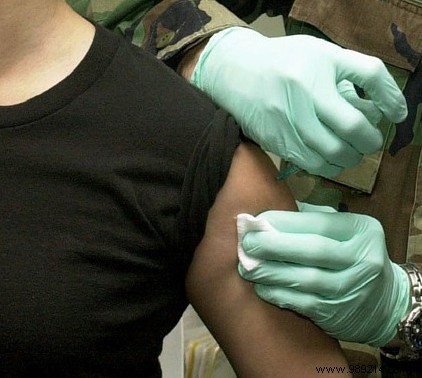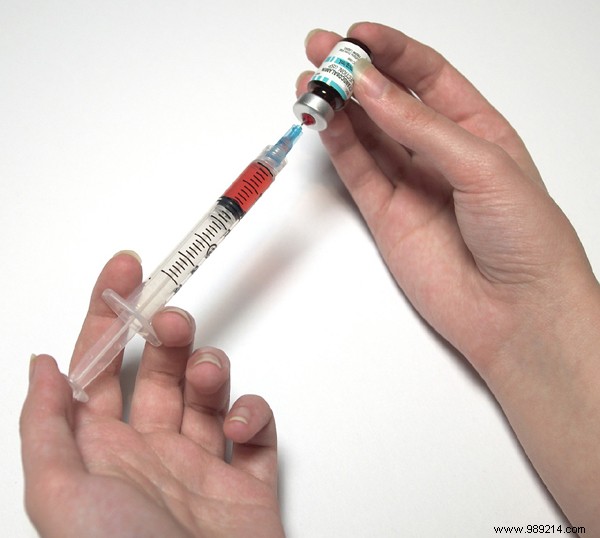
For a long time, the anti-vaccination currents have been heard, encouraged even more with the catastrophic management of the vaccination against the H1N1 flu in 2009, by the government of the time. Are we still right to routinely vaccinate children?
The controversy over vaccination led the Constitutional Council to rule on Friday, March 20, 2015, following the request of a lawyer whose clients refused the injection of the DTP vaccine to their child. The institution responded by indicating that the vaccine against diphtheria, poliomyelitis and tetanus was mandatory .
Today, even some doctors admit that this compulsory vaccination no longer has any reason to exist, claiming that all the other European countries where it is not compulsory (except Belgium and Italy) have the same rate. vaccination. Moreover, according to these doctors, diseases such as whooping cough, pneumococcus or measles are more worrying today than DTPs, while vaccinations against them are only recommended and not compulsory. The disease must have been completely eradicated to justify that there is no longer any need to vaccinate.
According to the INPES (National Institute for Prevention and Health Education), 10% of the population was rather anti-vaccines in 2005 and it rose to 40% in 2010! Among the opponents of vaccination, there are those who convey received ideas about their supposed dangerousness. This is particularly the case of the link that would exist between vaccination against measles and the development of autism:nothing has been proven. The same applies to the deficiency of the immune system which would be a consequence of vaccinations. Regarding the too young age of infants to assimilate all these vaccines, MEP Michèle Rivasi (EELV) and Serge Rader, pharmacist and whistleblower oppose compulsory vaccines which "would lead to degenerative diseases and also auto -immune by the quantity of vaccines injected in the first year of life when the infant's immune system is fragile" , which not all specialists in the field confirm.

On the other hand, indeed, the aluminum salts contained in vaccines as adjuvants could be harmful to health. Today, for example, it is not recommended to use deodorants containing this substance because of the risk of cancer it would cause. The studies in progress should be completed shortly.
Moreover, the vaccination of young girls with Gardasil against the papillomavirus (cancer of the cervix) is widely criticized, accused of causing neurological diseases such as multiple sclerosis.
The vaccine against hepatitis B, which had been the subject of a vast vaccination campaign in the 90s, would also have caused cases of multiple sclerosis, and even if, to date, no scientific study proves it , the suspicion is there.
Perhaps if doctors were more honest in their explanations of the interest of vaccination, not denying the possible side effects, rather than being at the heels of the discourse of pharmaceutical companies, patients would undoubtedly more serene and less anti-"primary" vaccines.